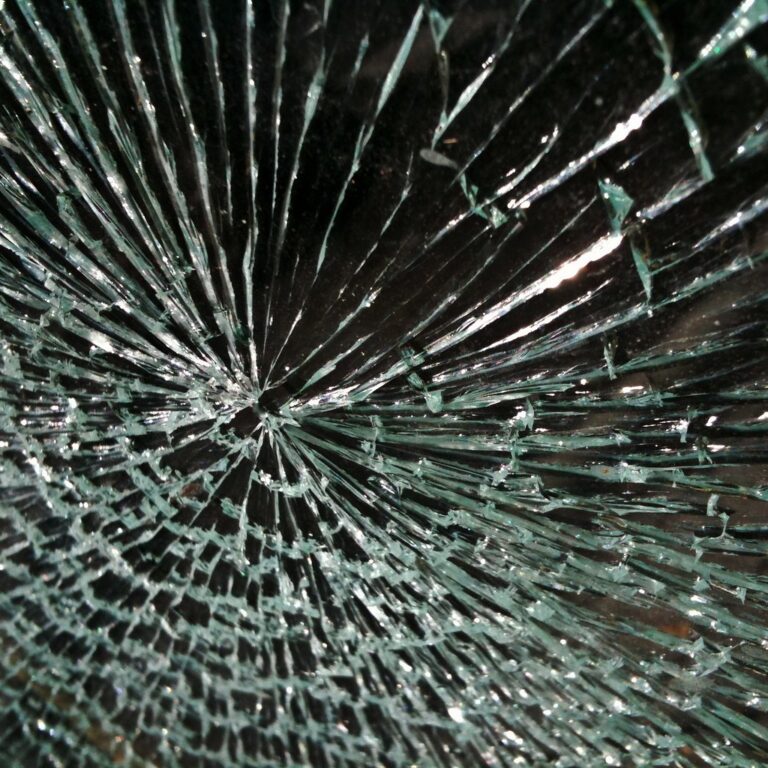
What Happened?
Over the last two weeks, five teenage boys were arrested, and four released, on suspicion of perpetrating an act of terror. On October 12th, a Palestinian woman was killed in the West Bank after her car was pelted with stones. The Shin Bet (Israel Security Agency) has reason to believe Jewish Israeli teens from the the Religious Zionist school Pri Haaretz carried out the attack; it is currently investigating. The issue has become heated, with some accusing the Shin Bet of subjecting the teens to overly harsh interrogation techniques, while Prime Minister Benjamin Netanyahu defended the agency.
Why Does This Matter?
While the jury is still out on the specifics, our goal in this week’s issue is to deal openly with the notion of Jewish terrorism. Our objective is not to record every instance of individual or group involvement with extremism, or to focus on or equate it with Palestinian terror, whose pervasiveness is unquestioned, but to give students context and guidance, as well as a framework for how to grapple with troubling topic like this.
Religious Zionist leadership, led by former Ashkenazi Chief Rabbi Shlomo Goren, has made clear in his book Meishiv Milchama that hurting or targeting non-combatants in the fight against Arab and Palestinian terrorism is unacceptable, saying:
We are not to harm the non-combatant population (in the Land of Israel)… We are commanded by law to walk in the paths of the Holy One, Blessed be He, and to show mercy to His creations, as it is written: ‘God’s mercy is upon all God’s works.’
But in the mid-1990s, two events occurred that shook the Jewish people. In 1994, American-born doctor Baruch Goldstein opened fire in a Hebron mosque, killing 29 Arabs and injuring 125. The following year, Israeli prime minister Yitzhak Rabin was assassinated by Yigal Amir. These incidents alarmed Israeli society and were either the symptom or the cause of fractures in Israeli society, depending on one’s perspective.
Here are three points to consider when discussing with your students:
1. Responsibility – Individual or Communal
Both Goldstein and Amir were products of the Religious Zionist establishment. After Rabin’s assassination, Rabbi Aharon Lichtenstein of Yeshivat Har Etzion addressed his students and community. He spoke of the shame that he expected everyone – religious, secular, right and left – to feel, “that our state, our people, should have fallen to such a level.” He implicated his own Religious Zionist community most of all, as Amir was a product of its institutions. While it’s easy to call Amir an anomaly, Rabbi Lichtenstein pointed out that “a day before the murder, [Amir] could have been cited as a shining example of success and achievement, and a source of communal pride.” In a display of taking ownership and accountability, Lichtenstein demanded that the community take a deep look at itself and confront what it sees:
…If a day before the murder we would have said proudly, ‘See what we have produced,’ we must say it now as well: ‘See what we have produced!’ It is indefensible that one who is willing to take credit when the sun is shining should shrug off responsibility when it begins to rain.
2. Lay and leader reaction – There is stark contrast between the response to terrorismamongst Israelis and Palestinians. When a Jew carries out an act of terror, Israeli officials typically condemn it in the strongest terms, and most Israelis are ashamed, if not outraged. (However, a leading religious Zionist leader, Rabbi Haim Druckman, came out defending the Jewish teens, saying they were not terrorists.) In contrast, Palestinian leadership sometimes celebrate and hand out candies when a terroristcommits a crime, even hailing the terrorist as a martyr and calling for more.
3. Is national extremism peripheral or pervasive? Far-right national extremists seem to be few and far between, but it is difficult to measure. Various groups have formed over the years, such as Rabbi Meir Kahane’s “Kach,” which was outlawed by the Israeli government and “Terror Against Terror,” which advocated for Jewish terrorism against Arab terrorism. While only a rare few carry out fatal attacks, groups like Tag Mechir cause Jewish and Israeli leaders to acknowledge, as Rabbi Yosef Blau, former president of the Religious Zionists of America did, “The percentage that fully articulate the positions I have described is not a majority, but it is not insignificant. This growing phenomenon of ‘tag mechir’ should be a wake-up call to the majority that opposes radical behavior.”
Originally Published Jan 14, 2019 10:01PM EST
